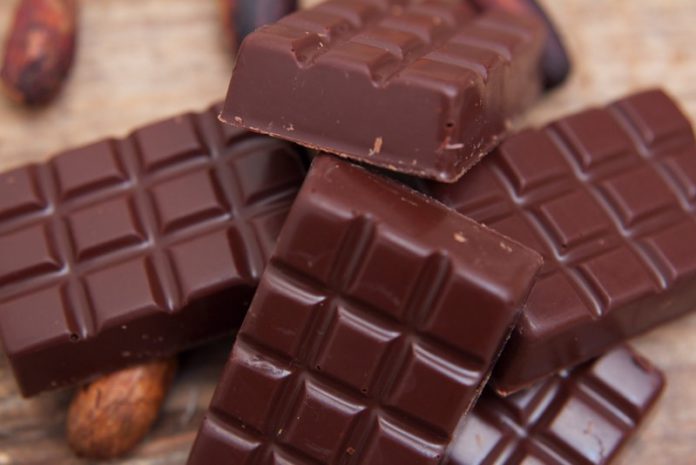Some of our favourite foods may no longer exist within 100 years – including chocolate, avocados and seafood – new research has found.
Food futurologists have put this down to us becoming much more health-concious, and shifting our focus on sustainabilty and ethics. More than 1 in 7 Brits believe all meals will be plant-based by 2123, with many pointing to the negative environmental impact of eating animal products, research by LNER has found.
And while 59% of Brits say they can’t imagine their lives without chocolate, Food Futurologist, Robin Fegen, says the much-loved treat could be extinct by 2123. 1 in 10 Brits predict that chocolate will no longer exist by then, with a further 1 in 5 (20%) believing it will be too expensive.
Instead, sustainable cacao may become the new replacement, providing the same sweet and indulgent flavours as chocolate, but with a smaller environmental footprint.
Food Futurologist Robin Fegen said: “Sustainability, ethics, and nutrition are becoming increasingly important when it comes to food. Genetic modification could mean we can make these ingredients taste just as good as the likes of chocolate, allowing us to indulge in a tasty dessert, while also reaping the health benefits. During the next century, we predict that society will be incredibly conscious about its carbon footprint.
“As well as being difficult to source, cocoa trees need very specific conditions in order to survive, so rather than exporting ingredients like cocoa beans, we’ll be turning to foods we can produce closer to home to limit our carbon footprint as much as possible. Thanks to climate change, we’re already seeing a dramatic reduction in cocoa trees, so it is very possible that chocolate will naturally filter out of our diet – gradually substituted by easily produced, more sustainable alternatives” he added.
But while some foods are expected to disappear, other more unanticipated snacks may become a part of our diets, incuding bugs, crickets and mealworms. According to future eating predictions, over a quarter of Brits (52%) are open to eating a bug-based dish, believing more imaginitive and daring foods will surface in the next 100 years.
More than a third of us (33%) predict that by 2123, there will be no such thing as an ‘unhealthy food’ thanks to genetic modification and substitutes. 36% think artificial intelligence will be able to tailor our meal plans and meet our individual dietary needs.
Brits are also open to reducing their meat consumption, with 38% saying they would consider becoming vegetarian or vegan.
1 in 5 of us expect avocados to have disappeared from our diets in entirety by 2123, along with seafood (36%) and chicken nuggets (32%).
https://get-latest.convrse.media/?url=https%3A%2F%2Fwww.mirror.co.uk%2Fnews%2Fuk-news%2Fchocolate-disappear-diets-next-100-32009431&cre=bottom&cip=20&view=web
According to LNER research, the top 10 foods at risk of extinction in 2123 are:
- Seafood/Fish Fingers (36%): Algae-based seafood substitutes and lab-grown fish will offer a sustainable and ethical alternative.
- Chicken Nuggets (32%): Soy or pea protein will take over as a cruelty-free and environmentally friendly option.
- Beef (30%): Plant-based burgers, mushroom-based patties, and lab-cultivated meat may be the go-to replacement.
- Pork (28%): Plant-based or lab-grown pork, as well insect protein which will offer a much more environmentally friendly option.
- Tofu (27%): Tempeh, seitan, or cultured plant proteins may replace tofu.
- Honey (22%): Natural sweeteners, including agave nectar or other healthier sugar free options will be the go-to.
- Avocados (20%): Jackfruit and breadfruit will provide a creamy and nutritious substitute.
- Chickpeas (16%): Lentils, black beans, and mung beans can offer similar nutritional benefits.
- Chocolate (11%): Sustainable cacao may provide the same sweet and indulgent flavours as chocolate, but with a smaller environmental footprint. With chocolate loved around the world, expect an alternative from genetically modified plants and are easier to grow.
- Milk (11%): Almond, soy, oat, or pea milk will continue to fill the void left by traditional dairy milk, offering lactose-free options with less environmental impact.

